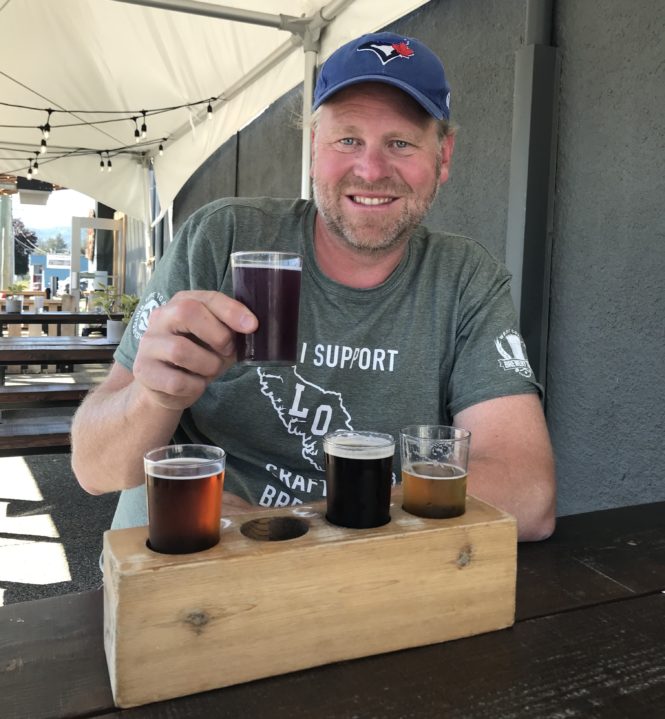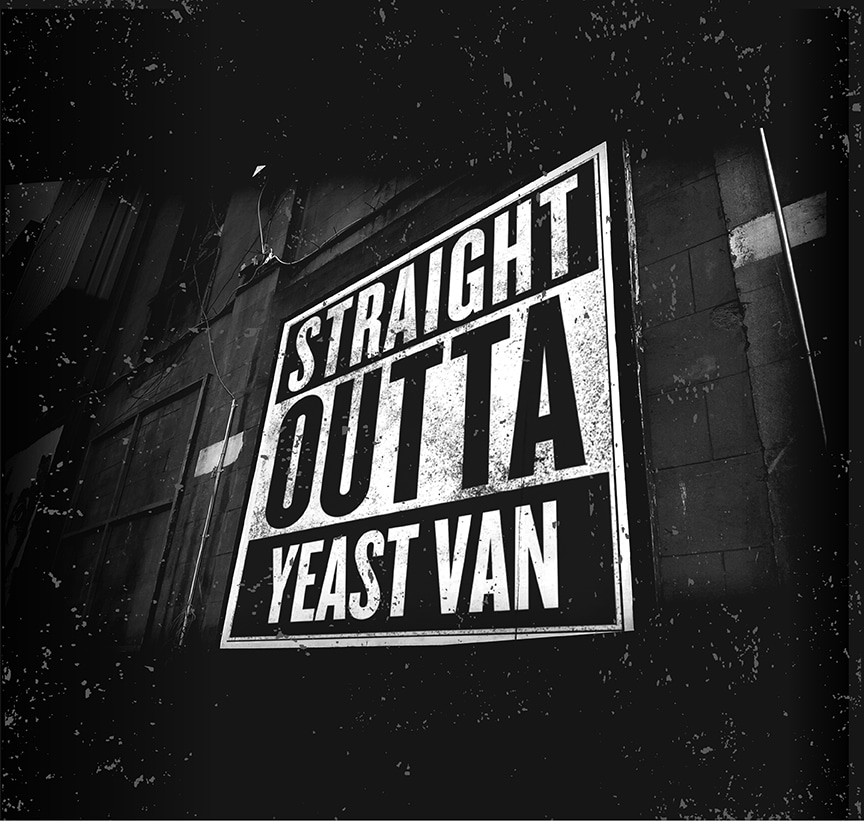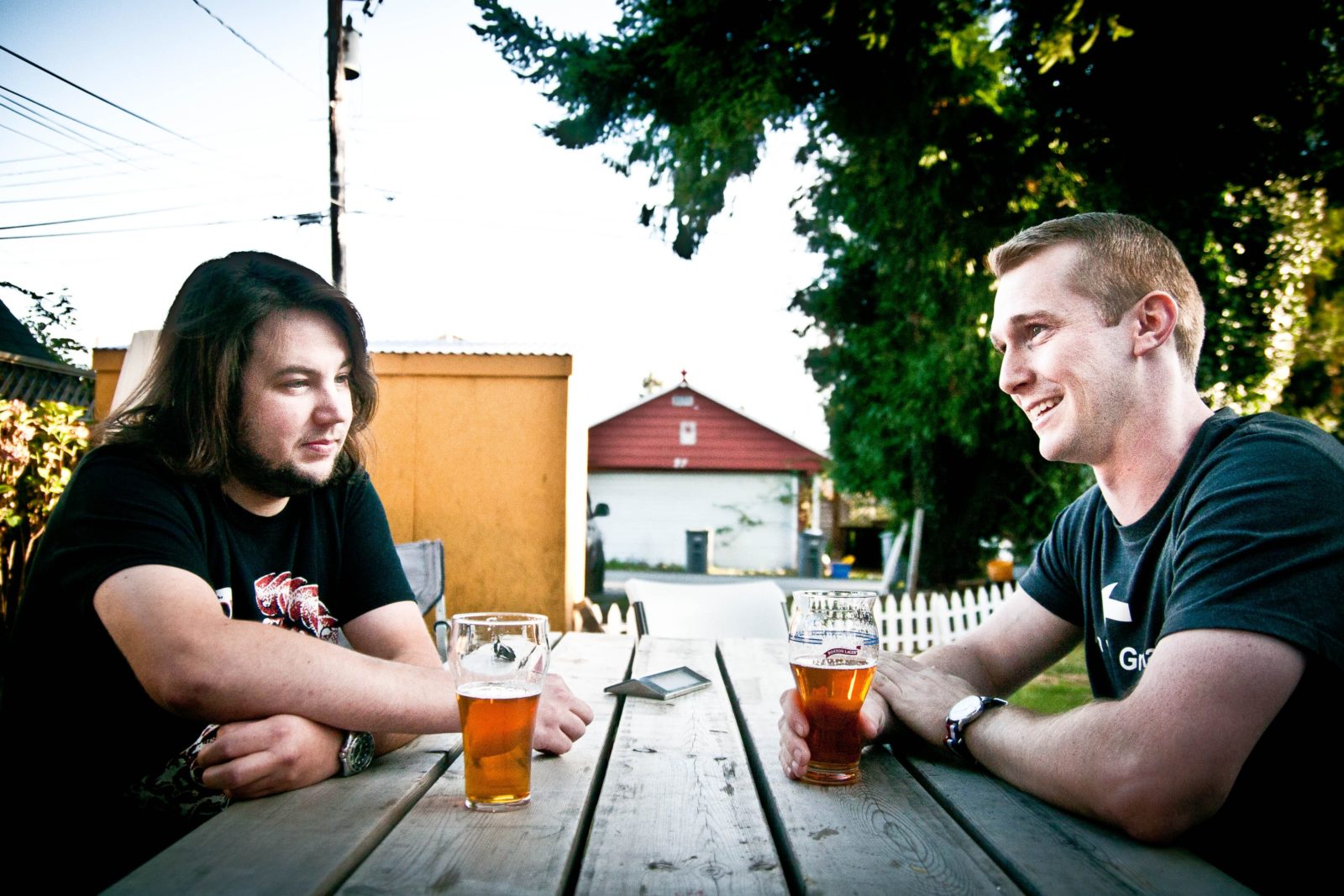An interview with Ken Beattie, Executive Director of the BC Craft Brewers’ Guild
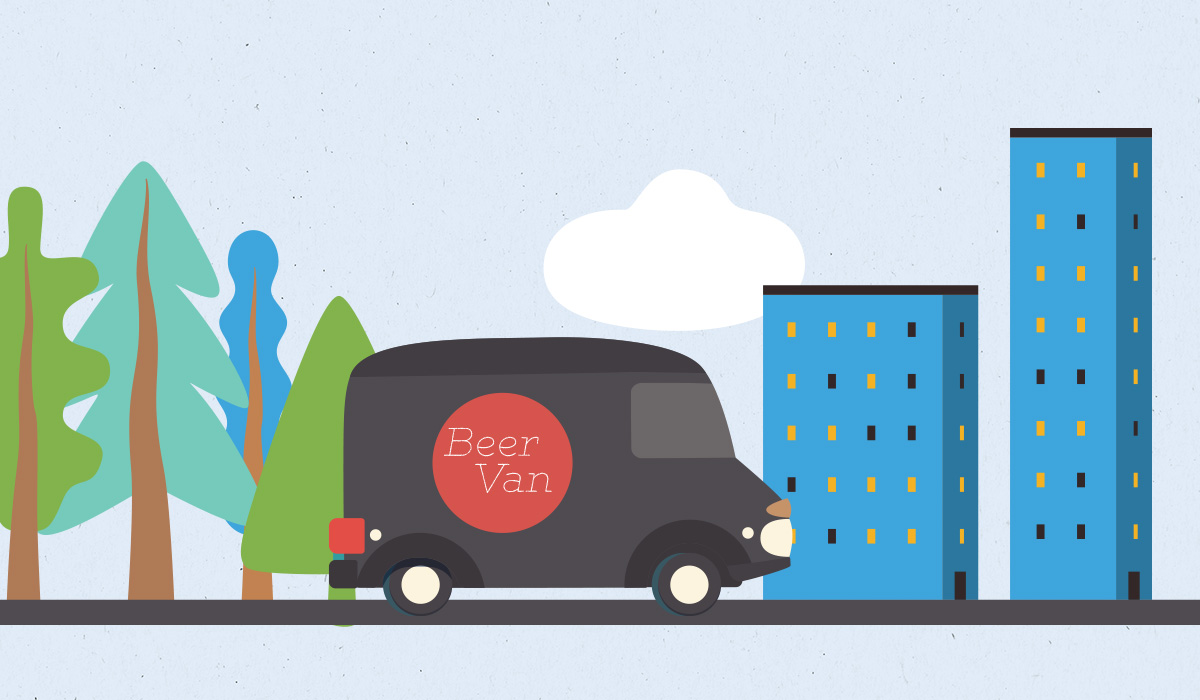
After more than 18 months enduring COVID-19, life is finally beginning to return to normal. British Columbia’s craft beer industry dealt with a huge amount of uncertainty throughout the pandemic, but breweries showed great resilience and adaptability. Now, as we all reflect on what just happened, we are also looking ahead to the future.
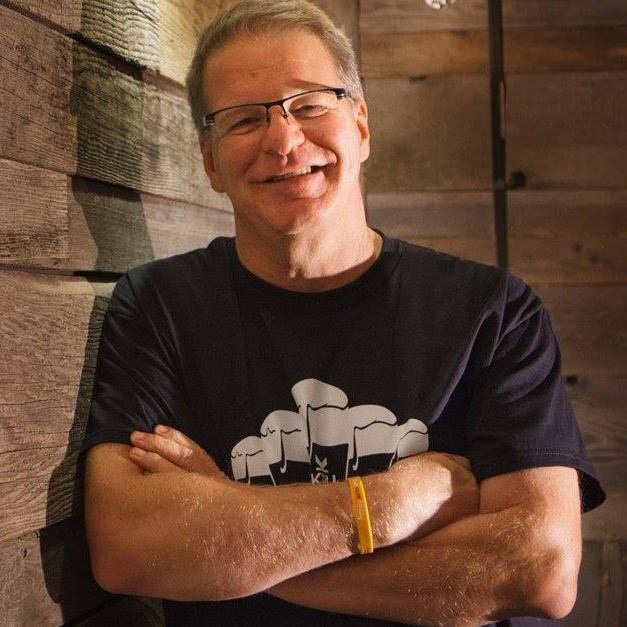
Recently, I connected with Ken Beattie, Executive Director of the BC Craft Brewers’ Guild, for a chat about what the future holds for B.C.’s craft beer industry. I started off by pointing out that the growth of the industry—based on the number of new breweries opening per year—did not seem to be affected by the pandemic.
Ken Beattie: It’s interesting. How many opened in 2019? Twenty-four? And this year I think we finished at 20. And I think there’s, what, 12 on the go? So it’s hard to say if it’s slowing. It’s fair to say I was surprised that they opened. But when you talk to those new brewers, they’d already invested the money, they had already got everything going, so you know, why not open? I guess the effect of the pandemic on this double-digit growth will become clear over the next few years.
Joe Wiebe: I kind of expected that in 2021, we’d see fewer breweries opening because if you’re starting a brewery, it takes you a year or two to put it together, maybe longer. So the pandemic hits and you were thinking of opening a brewery and then you’re like, no, I’m going to put the brakes on. But it’s not slowing down at all. And it seems to me—and tell me what you think—that there’s also this flipside for a lot of people: their lives were changed by the pandemic. What I hear from a lot of the people opening breweries now is: I always wanted to open a brewery, then I lost my job or something changed or I had to move or whatever. So the pandemic almost forced them to follow their dream, right?
Ken: Yes, I think there’s a silver lining. I try to be optimistic on most things in life, and I think that’s a very valid point. I think the pandemic has probably had us all re-evaluate everything in our lives—whether it be health and culture and relationships and work environment and work balance. So I think that’s a good point, that people are thinking, you know what—I am going to give this a go.
Joe: Some breweries have talked about how the pandemic forced them to really assess the way they run their businesses, and that a positive outcome of this is that they’re going to be much leaner. They’ve got a really clear plan of what they have to do to operate successfully. Is that something you’re hearing as well?
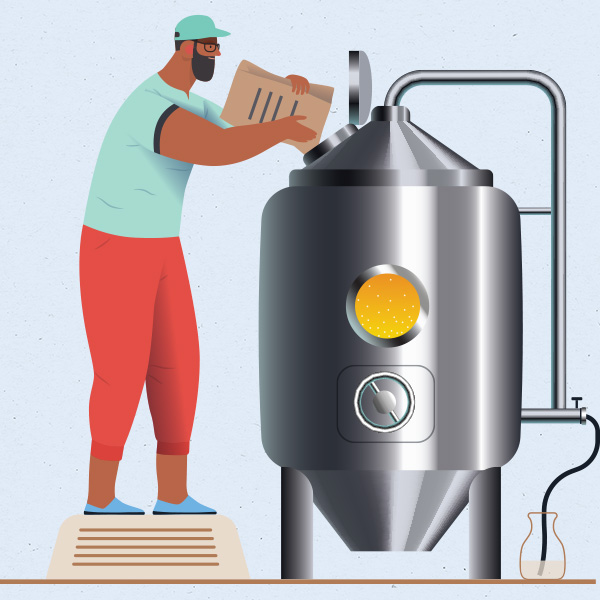
Ken: Yes, absolutely. Many small brewers had to return to working in the business, not on the business during COVID. These owners who may have previously stepped away from day-to-day operations were now back brewing and they’re seeing every aspect. They’re trimming the fat because they have to. So there’s no excess. They’ve really worked in the business, and learned—or relearned—we don’t need that or we can do this more efficiently. I think if everyone can get through the next while and the re-start, and if, like everyone hopes, there’s a Roaring ’20s aspect to this, then those people will be much better positioned.
Online sales are a great example. Online sales were always there, but hardly anyone used it. Oh, it’s too difficult to set up. It’s too much to manage. It’s this and that. Now, people are thriving with it! And they’re at least able to ship around the province, hopefully someday maybe across the country.
Joe: Look at all the options now: in Vancouver you have BeerVan where multiple breweries are pooling their beer together to ship. There are all these different distribution networks, and it’s all the better for consumers.
Ken: The government was able to streamline and reduce red tape in a meaningful manner in a number of areas. BeerVan is a great example of that because [many small breweries] have no storage space when they package their product. Now all their beer is in cans on pallets and their breweries have small footprints so they need to get it out. They were all taking orders and then five trucks were leaving between 5:00 pm and 7:00 pm and they were going to 80 percent of the same places. During COVID, the government has temporarily allowed direct delivery from third party warehouses by the brewers directly to consumers. The brewing community is a leading advocate of B.C.’s environmental agenda so we continue to consult with the government to work towards making this a permanent regulation and minimizing trucks on the road.
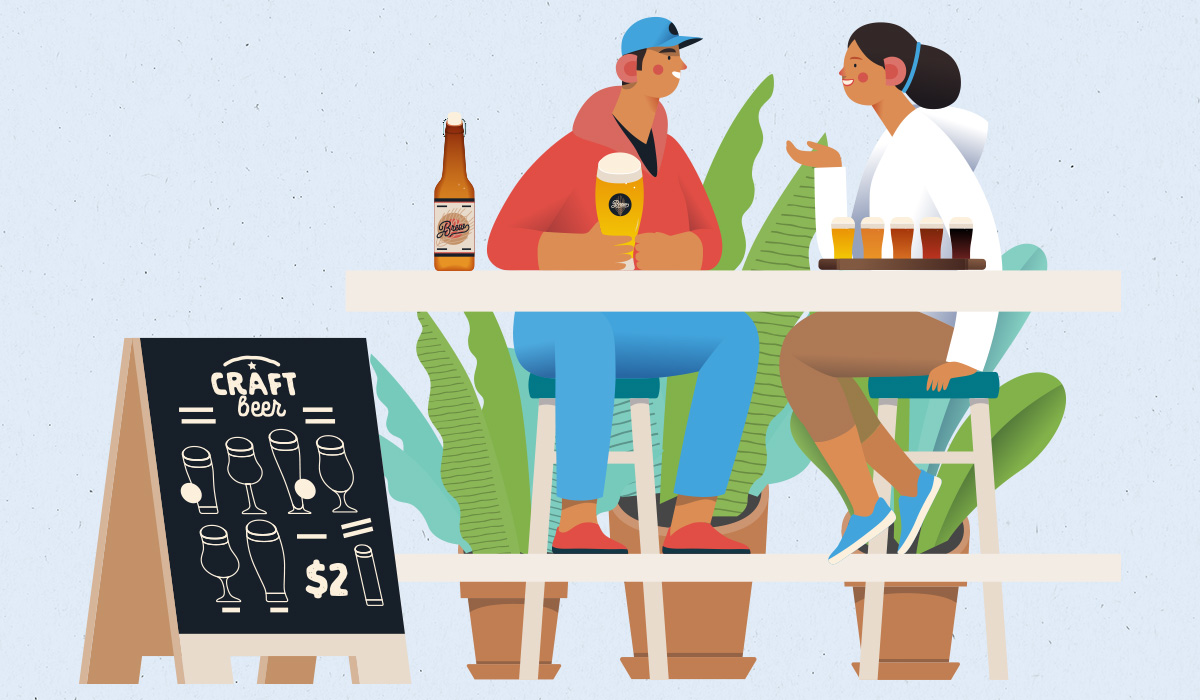
Joe: I hope that does become permanent because I think that’s a great change. And, similarly: patios. That’s just been amazing. The temporary patios first, and then now this idea that they can apply to make them permanent.
Ken: Well, honestly, the LCRB has done a masterful job. They’re making a lot of changes to streamline the application process, not only for new applicants, but for people who have existing businesses so you don’t have to reinvent the wheel, right? They were “triaging” the permanent and temporary structure process because it can take months. That’s why breweries take two years to open because there’s so much paperwork.
If I’m a successful brewer and I have a history of compliance and no issues in non-compliance or complaints, why not “nexus lane” me? Fast track me! You don’t have to have me jump through every hoop. Just let me do everything and when the inspection gets around to being done, then I’ve already got everything in place and done. I shouldn’t have to wait till the inspector comes before I can make wort. Just let me go through the flow of the business to get it open because I have a history of compliance and I’m a good corporate citizen. So I think they’ve heard that message.
They’ve really done a good job of streamlining. There’s a lot more work to be done, but what we’ve seen so far we’re really happy with.
Joe: Another thing that has happened during the pandemic is an increased focus on diversity and the treatment of women in the industry. From your perspective, how do you think the beer industry is adapting?
Ken: Firstly, long overdue. This is something we should have been addressing years ago. We like to say we’re collaborative and diverse, but we’re not really. That’s why you don’t see as many under-represented people working in breweries. It’s still a privileged white person’s domain. We are working very diligently and effectively, I think, with the national association on a brewery cultural scan right now. In total, this survey went out to 647 breweries across the country. Every brewery in B.C. received it. The owner is to send it to every employee. If the employees don’t get it they can reach out to us and we’ll ask the owner why they’re not sharing it. So that’s the first step from a national level.
And [here in B.C.] we’re working with Jalapeno Employee Engagement, who helped lead the workshop on diversity and inclusivity [at the BC BeerCon in February]. We’re also working currently on a Code of Conduct and a Code of Harassment and Anti-Bullying as the Guild’s core principles. So if you get yourself in a situation that isn’t representative of our core values, we will have the right to exclude you, penalize you, or remove you from the Guild. Which we will do. WorkSafe is already checking safety plans and COVID safety plans, and they will be checking into harassment and anti-bullying, too, because at the end of the day, that’s who you complain to. So this is front burner, full boil for us.
Joe: I’ve got one more question for you: Five years from now, are we going to have 300 breweries?
Ken: [laughs] Well, I keep expecting there to be a bit of a correction and I’ve been wrong every year, but that would surprise me.

